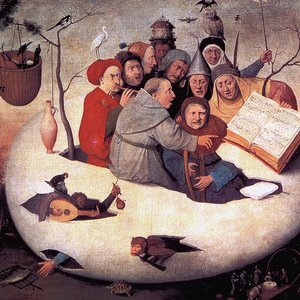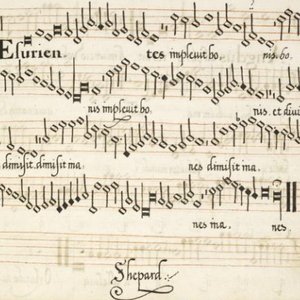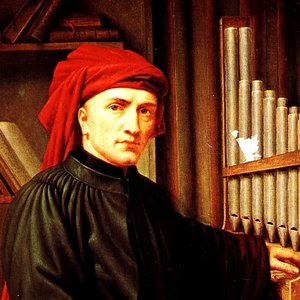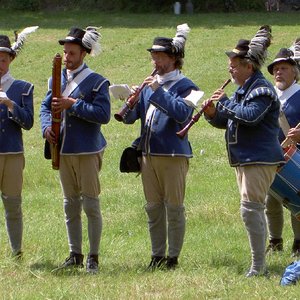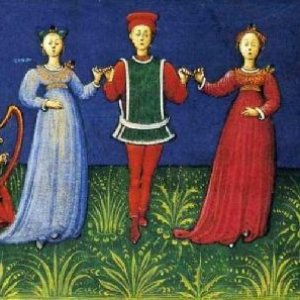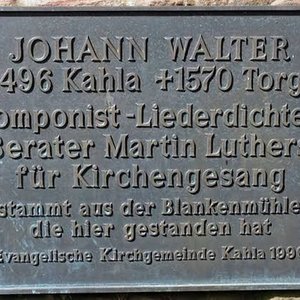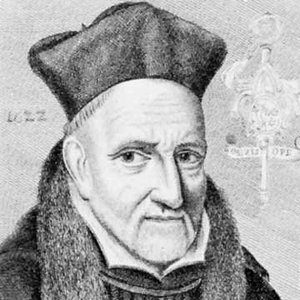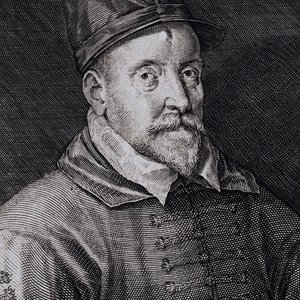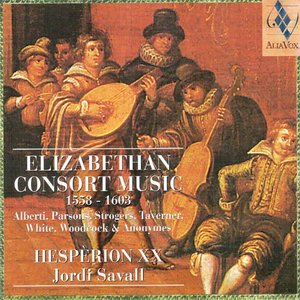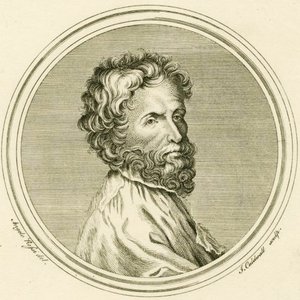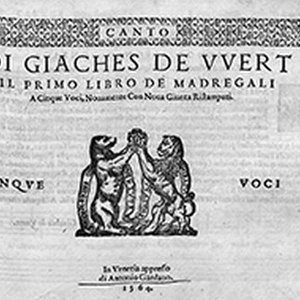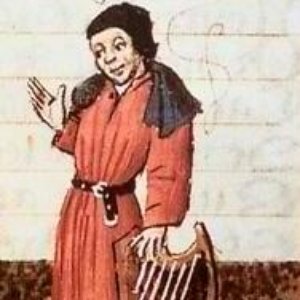Biography
-
Born
1510
-
Born In
Middelburg, Middelburg, Zeeland, Netherlands
-
Died
1555 (aged 45)
Jacobus Clemens non Papa (also Jacques Clément or Jacob Clemens non Papa) (c. 1510 to 1515 – 1555 or 1556) was a Flemish composer of the Renaissance based for most of his life in Flanders. He was a prolific composer in many of the current styles, and was especially famous for his polyphonic settings of the psalms in Dutch known as the Souterliedekens.
Nothing is known of his early life, and even the details of the years of his artistic maturity are sketchy. He may have been born in Middelburg, Zeeland, though the evidence is contradictory; certainly he was from somewhere in modern Belgium or the Netherlands. The first unambiguous reference to him is from the late 1530s, when Pierre Attaingnant published a collection of his chansons in Paris. Between March 1544 and June 1545 he worked as succentor at the Bruges cathedral, and shortly thereafter he began a business relationship with Tielman Susato, the publisher in Antwerp, which was to last for the rest of his life. From 1545 until 1549 he was probably choirmaster to Philippe de Croy, Duke of Aerschot, one of Charles V's greatest generals, where he preceded Nicolas Gombert. In 1550 he was employed as sanger ende componist (singer and composer) by the Marian Brotherhood in 's-Hertogenbosch. There is also evidence that he lived and worked in Ypres and Leiden. It is speculated that he also worked in Dordrecht, but there is little evidence supporting this speculation.
There are several theories regarding the origin of the epithet "non Papa". One holds that it was jokingly added by his publisher, Susato, to distinguish him from Pope Clement VII—"Jacob Clemens—but not the Pope." Another states that it is to distinguish him from Jacobus Papa, a poet also from Ypres. However, considering that Pope Clemens VII died in 1534, before any of Clemens's music was published, and that the confusion with the poet is unlikely in that the surnames were quite distinct, it is likely that the nickname was merely created in jest rather than for practical reasons. Nonetheless, the suffix has remained throughout the ages.
Details about his death are not known, but he probably died in 1555 or 1556. The 1558 text in Jacobus Vaet's Continuo lacrimas, his deploration on Clemens's death, suggests that he met a violent end, though if true, the circumstances are not given. According to a 1644 source, Clemens was buried at Diksmuide near Ypres in present-day Belgium.
Unlike many of his contemporaries, Clemens seems never to have traveled to Italy, with the result that Italian influence is absent in his music. He represents the northern European dialect of the Franco-Flemish style.
Clemens was one of the chief representatives of the generation between Josquin and Palestrina and Orlandus Lassus. He was primarily a composer of sacred music. In fact, his musical output was roughly 80 percent sacred music, either liturgical or for private use. Of his approximately 233 motets, only three contain secular texts (hymns of praise of music). However, he did compose somewhere just above 100 secular works that encompass the whole gamut of poetic genres that were used by composers in his generation. Considering that his career as a composer only lasted for barely two decades, Clemens was an extremely prolific composer.
Artist descriptions on Last.fm are editable by everyone. Feel free to contribute!
All user-contributed text on this page is available under the Creative Commons Attribution-ShareAlike License; additional terms may apply.

